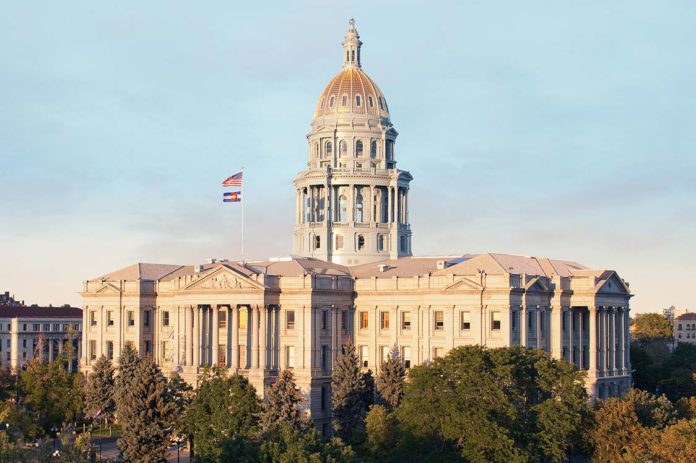IGNACIO, CO – At the American Indian Affairs Interim Study Committee’s inaugural meeting, Chairman Melvin J. Baker of the Southern Ute Indian Tribe announced that the tribe has filed a lawsuit against the State of Colorado to ensure fair access to economic opportunities voted into law by Colorado voters in 2019.
The Southern Ute Indian and Ute Mountain Ute Tribes have been blocked by the Colorado Department of Revenue from engaging in online sports betting, despite longstanding state-tribal compacts explicitly allowing them to do so. After years of attempts to negotiate a fair agreement, the tribe is asking the federal court for a preliminary injunction so they may compete in an economic market that, effectively, only non-Indian private entities have had primary access to in Colorado since 2020.
“Faced with this ongoing injustice, the Southern Ute Indian Tribe is now taking the unfortunate but necessary step of legal action,” said Chairman Baker during his address to the American Indian Affairs Interim Study Committee. “This is the first time we have been forced to file a lawsuit against the State of Colorado in decades. This lawsuit is not a decision we take lightly. It is about securing a fair resolution and ensuring the state lives up to its obligations to the tribes as outlined in agreements and federal law. We will fight tirelessly to hold the state accountable for its commitments.”
In the gaming compacts, which have been in place for almost 30 years and approved by the federal government, the state agreed that the tribes can engage in “those gaming activities and bet amounts that are identical to the activities and bet amounts that are authorized in the State of Colorado.”
In 2019, Colorado voters approved Proposition DD, legalizing online sports betting in the state, thus permitting the tribes to engage in the same activities. However, for the past four years, the tribe has been stonewalled by the state and unfairly prevented from accessing these economic opportunities.
The reason for banning the tribes from equal access to this market all comes down to the fact that federal law does not allow the taxation of tribal gaming activities and mandates that any revenue must be used for tribal governmental operations and the general welfare of tribal members. Therefore, the state is not allowed to tax the tribes and they want to.
The state has actively overlooked the millions of dollars of annual investments that reflect the tribe’s commitment to supporting and improving the well-being of Colorado residents and addressing service gaps. And instead, it has relentlessly sought to unfairly prevent the tribes from accessing these opportunities, including by wrongly threatening vendors supporting tribal sports betting operations and by trying to force the tribes to forfeit their sovereignty.
“Not only does the state refuse to recognize the agreements we made that ensure access to these economic opportunities, but they ignore our significant investments that we make every year in Southwest Colorado – including protecting Colorado water quality,” said Chairman Baker. “We invest in water, clean air, healthcare, housing, broadband, and so much more for our tribal members and for the 12,000 Coloradans within the boundaries of the Southern Ute Indian reservation with benefits that resonate to residents in surrounding communities. The tribe is also the largest employer in La Plata County. We pride ourselves on being partners to the State of Colorado.”
This year, Colorado state legislators had capacity to refer a measure to the 2024 ballot that will amend the 2019 law to increase taxes on sports betting, and yet have not fixed the issues that unfairly exclude the tribes from this economic opportunity. After implementing sports betting in 2022, the State of Kansas quickly amended their law last year to allow tribal gaming entities to participate in online sports betting, recognizing the unfair competitive disadvantage initially created.
While other states have amicably resolved similar issues, the State of Colorado and gaming industry lobbyists have blocked the tribe’s efforts to fix this oversight.













































